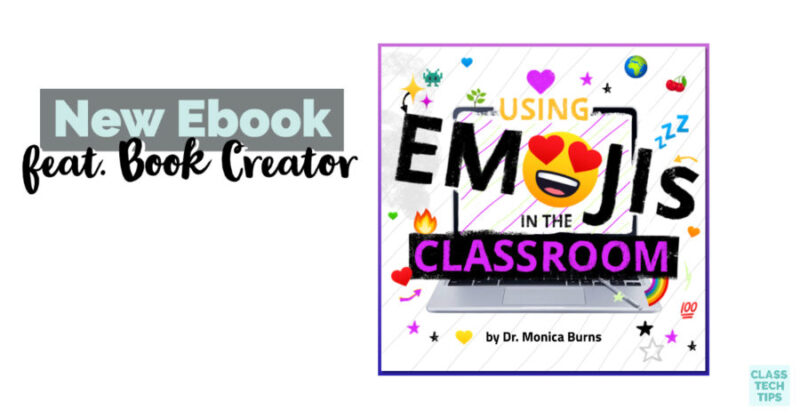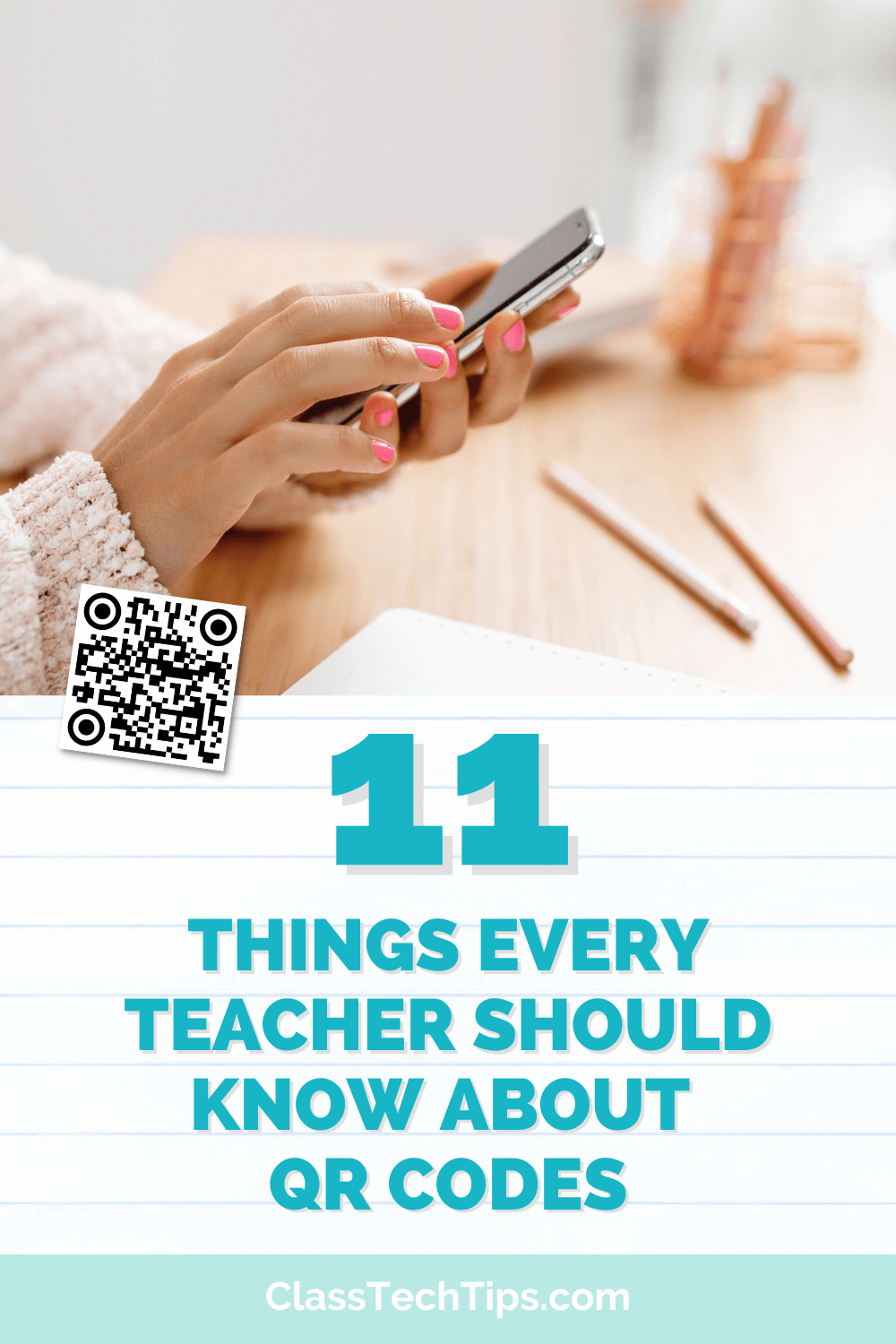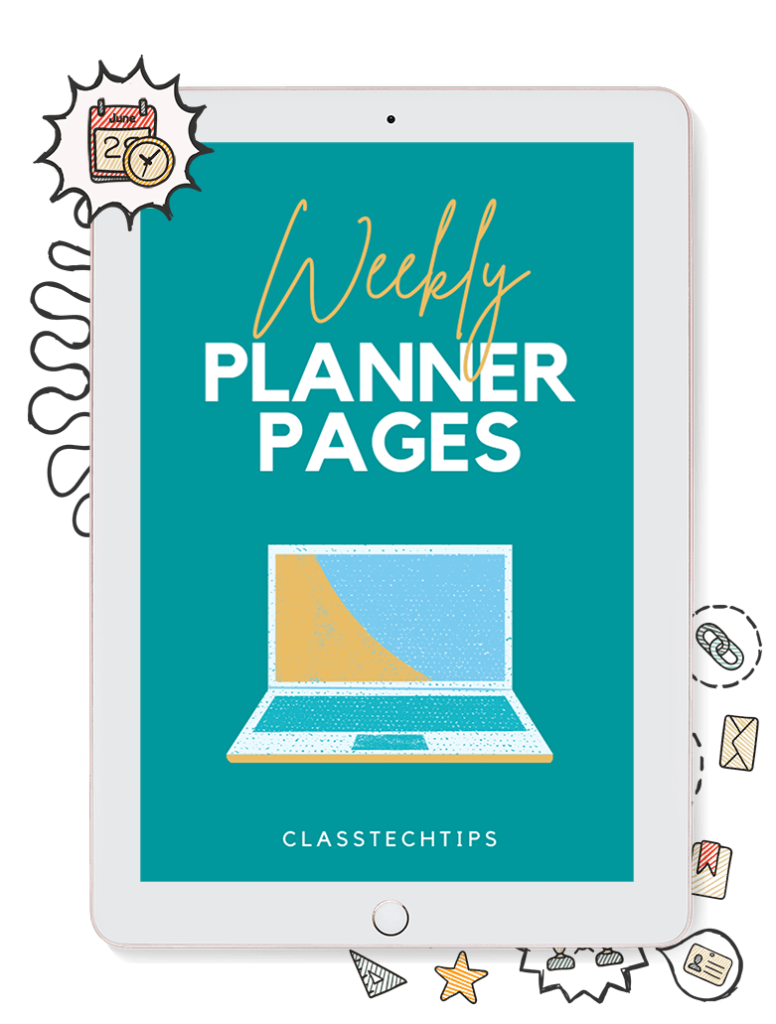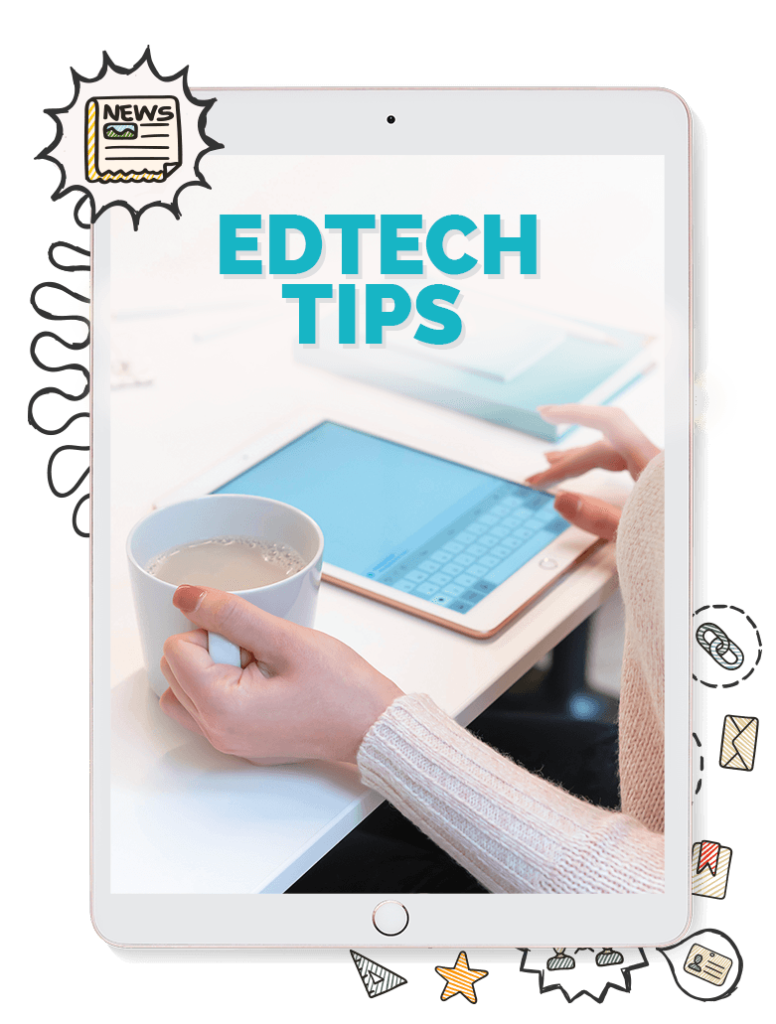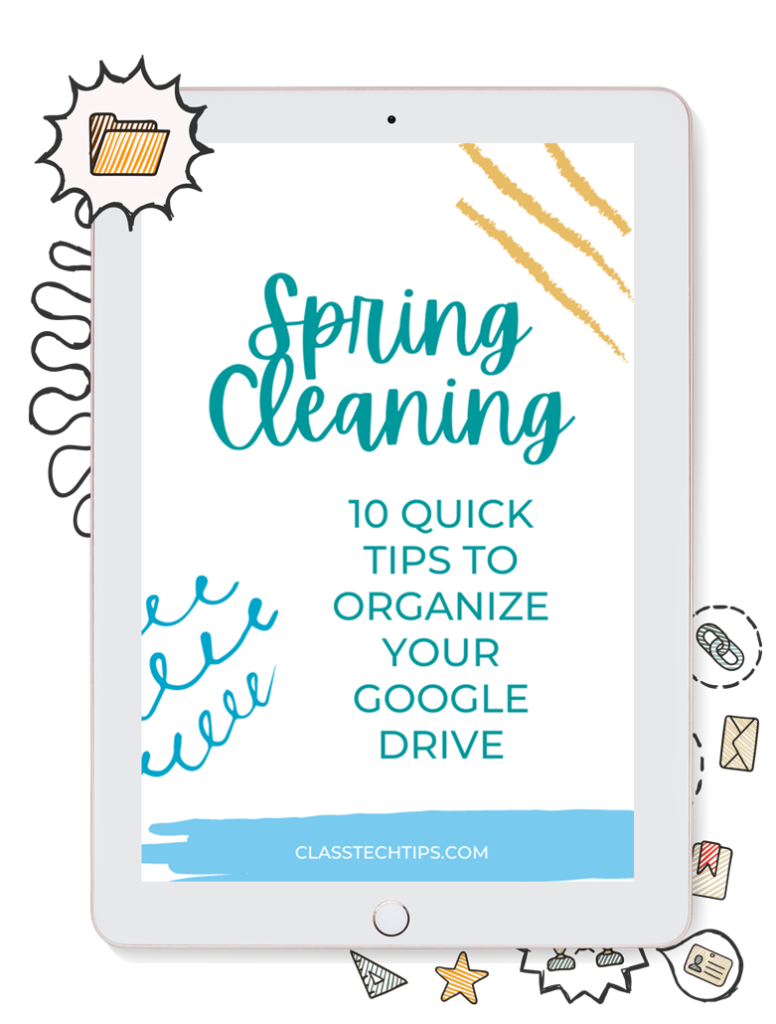Do you use emojis in your classroom? I had so much fun teaming up with the folks at Book Creator to put together a new and totally free resource all about how to use emojis with students. If you’ve been a bit curious about whether emojis have an educational purpose… well, I have you covered!
In this blog post, I’ll take you through the new resource I put together for Book Creator. It’s an interactive ebook that shares information on emojis in the classroom. This resource is totally free!
You can access it using this link, and you can find it in Book Creator’s Teacher Resource Library. If you followed along on the blog for a while, you know I’ve created several resources for their team. Here’s a quick rundown of the others before we dive into this new resource:
- 10 Book Creator SEL Projects for Your Classroom
- 15 Social Studies Projects for Book Creator Classrooms
- Using Book Creator for Formative Assessment
Each of the resources listed above gives a topic overview and some activities you can put into action right away. Now let’s dive into this new book titled: Using Emojis in the Classroom
How to Use Emojis with Students
You might have seen the announcement last week from the folks at Book Creator: here’s the blog post. The first page of the book includes the table of contents. It’s a rundown of everything you’ll find inside. From activities for the math classroom to ELA and science connections, I’ve pulled together a variety of ideas for you to explore.
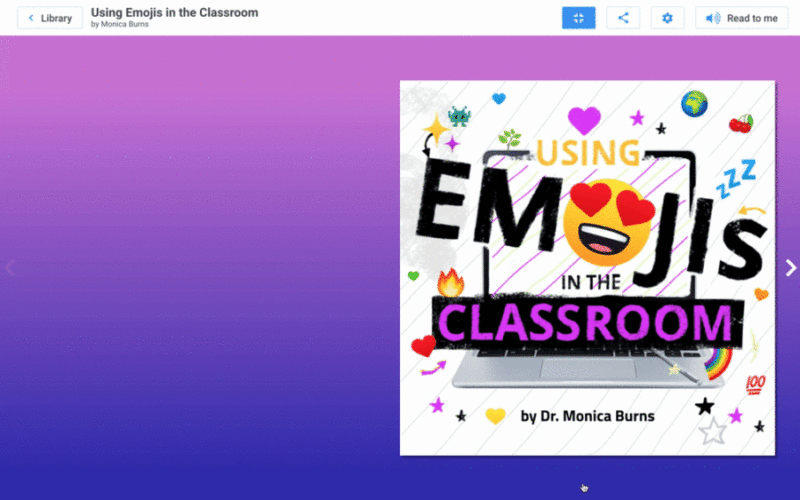
The first part of the book gives you a window into some of my favorite emojis. It begins with an overview of what emojis actually are and how they came into widespread use. I link to an excellent online resource with a thorough overview. And I also list some fun facts you may want to share with your students.
Then, I dive into some general use cases for emojis in the classroom. This includes the power of visual representations and ways to use emojis thoughtfully. Sometimes digital resources are used with a bit of a gimmicky feel, but when you use emojis strategically, it can have a significant impact.
Emoji Activities for Kids
After the introduction, I jump into a description of activities that connect to different content areas. This list of activities starts off with English Language Arts and some ideas you can customize for different grade levels of students, and standards you might be working towards. On this page, you’ll also find an activity sequence that you can make your own.
Then I jump into a social studies example that also has a social media connection. It takes a historical spin on sending out tweets and shows some ways you might incorporate emojis into this type of activity.
In addition to an activity sequence you can customize, I also provide a few examples you might want to share with students. Providing a model for students is a great way to set the stage for a new activity and communicate expectations. I talk more about exemplars and creation activities in my book, Tasks Before Apps: Designing Rigorous Learning in a Tech-Rich Classroom.
After the social studies example, you’ll find a science activity that you can make your own, too. Regular readers of the blog know how much I love infographics. I even have a podcast episode all about it that I’ll link to here. In addition to the text on the page, you can also listen to some classroom lesson ideas. These audio recordings go along with each activity I share.
Emojis might not feel like they have a place in the math classroom, but in this new ebook, I give some examples of how you might use Emojis with word problems. Students can write math word problems and use emojis to represent an idea.
Emojis and SEL Activities
Social-emotional learning is more than just a buzzword. It’s a topic I’ve featured on this site a few times, including the resources I’ve listed below.
- A Full Social-Emotional Learning Curriculum for Schools
- How to Teach Your Students to Teach Others
- Ways for Quiet Kids to Share Their Voice
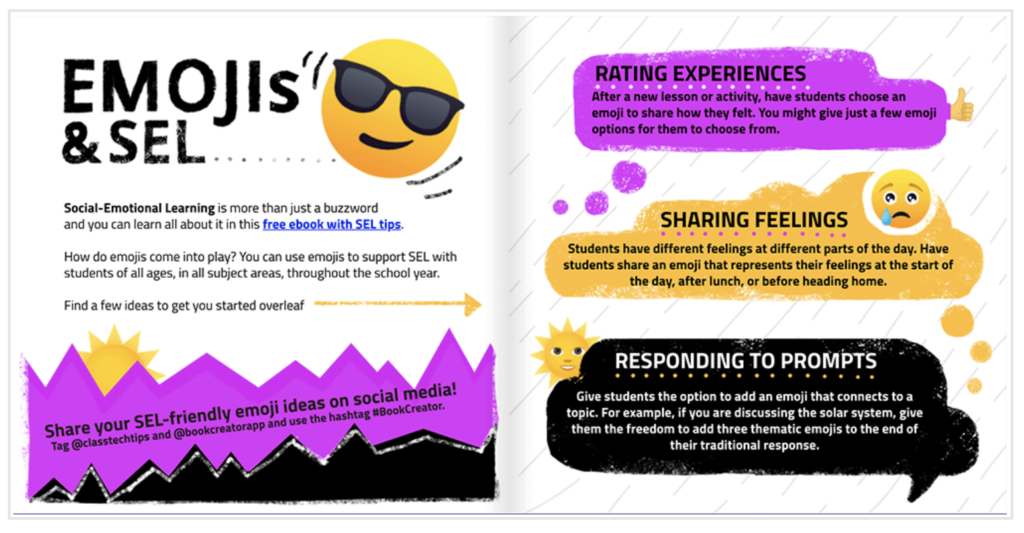
You might use emojis during a social-emotional learning activity to have students share their feelings. You might also ask them to add emojis when responding to a prompt or rating a new experience.
In addition to the activities I’ve mentioned in this blog post, we also included a handful of emoji tips. This section will show you how to navigate Book Creator, find emojis, and make the most of this excellent feature within the tool.
I can’t wait to see what you and your student create with Book Creator and emojis this year. It’s a powerful combo! In the book, you’ll even find some classroom examples and educators to follow on Twitter who are trying out emojis in their classrooms this year. Make sure to share your creations with the hashtag #BookCreator, and don’t forget to tag me @ClassTechTips if you share on social media!
